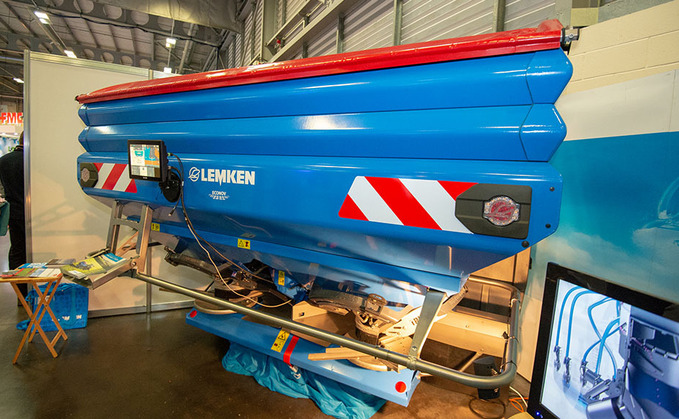
With a host of crop establishment and protection manufacturers present, Alex Heath looks at increasing the efficiency of the dwindling crop protection active ingredients list, both through cultural methods...

With a host of crop establishment and protection manufacturers present, Alex Heath looks at increasing the efficiency of the dwindling crop protection active ingredients list, both through cultural methods...